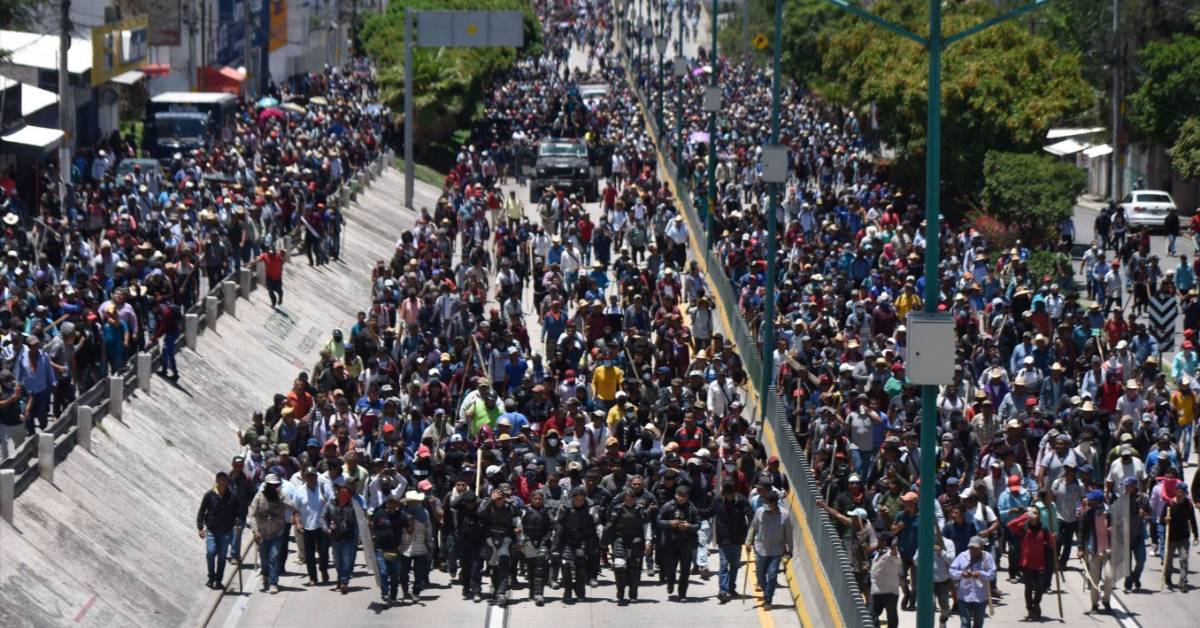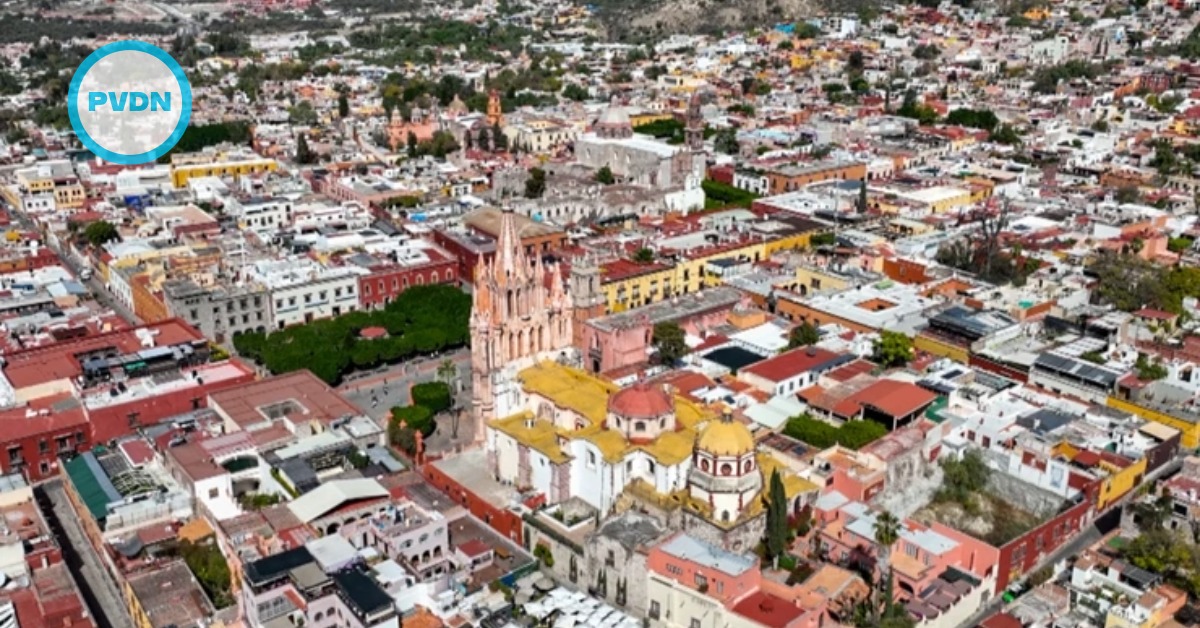PUERTO VALLARTA (PVDN) - In the land of sombreros and tequila, a deadly power has risen, subverting the entire country into its vice-like grip. It's no longer just about the drug trade – Narcos have evolved, taking control of everything from avocados to water. They're seizing political power and now they're mobilizing the masses like a political party to demand what the narcos want. Mexico is moving swiftly towards being the world's first narco-state, 20 years in the making.






